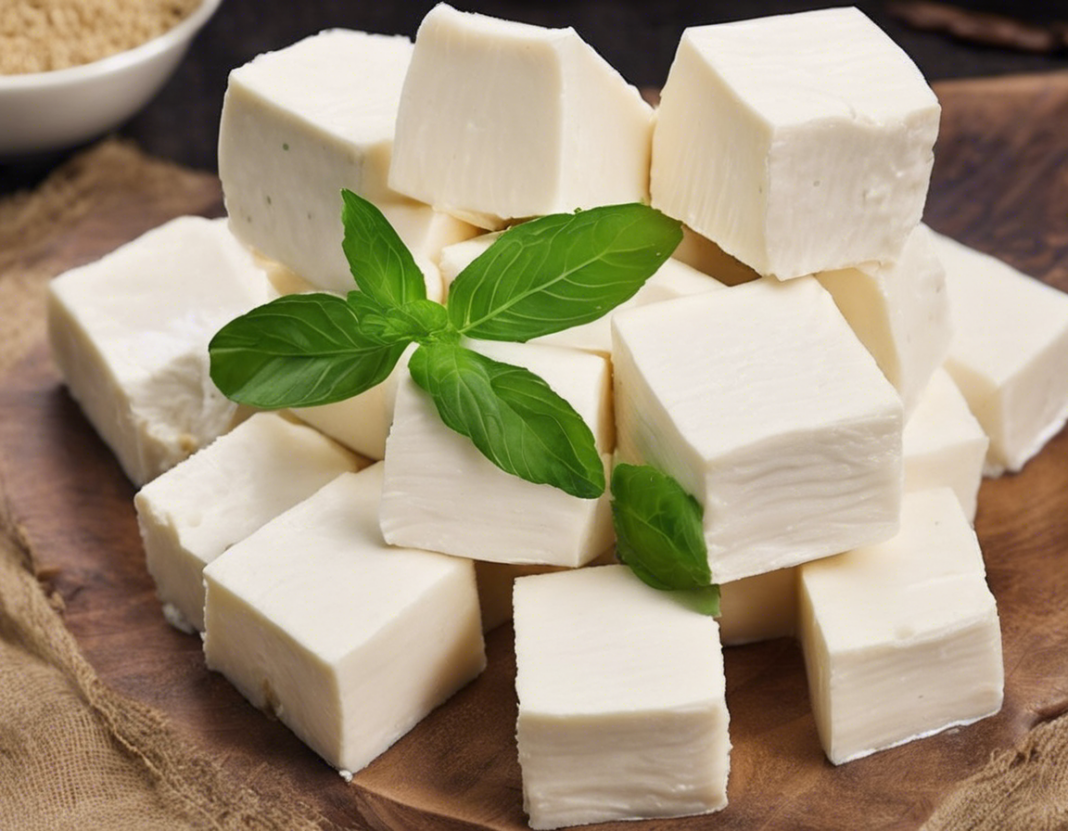Paneer, a popular Indian cheese, is not only delicious but also a great source of protein. In particular, 100 grams of paneer contains approximately 18 grams of protein, making it a valuable addition to a protein-rich diet. In this article, we will explore the benefits of incorporating paneer into your meals, discuss its nutritional profile, provide tips on maximizing its protein content, and address common questions related to paneer consumption.
Benefits of Paneer Protein
Paneer is a versatile ingredient that offers several benefits, especially when it comes to protein intake. Here are some key advantages of incorporating paneer protein into your diet:
-
Muscle Building: Protein is essential for muscle growth and repair. By including paneer in your meals, you can support muscle development and enhance your overall strength.
-
Weight Management: Protein helps increase satiety, making you feel full for longer periods. This can aid in weight management by curbing unnecessary snacking and reducing overall calorie intake.
-
Bone Health: Paneer is a good source of calcium, which is crucial for maintaining strong bones and preventing conditions like osteoporosis.
-
Improved Metabolism: Protein has a higher thermic effect compared to carbohydrates and fats, meaning that the body burns more calories digesting protein. This can potentially boost metabolism and aid in weight loss efforts.
Nutritional Profile of Paneer
Paneer is rich in various nutrients that are essential for overall health. Here is the nutritional profile of 100 grams of paneer:
- Calories: 265
- Protein: 18 grams
- Fat: 21 grams
- Carbohydrates: 3.4 grams
- Calcium: 208 milligrams
- Phosphorus: 138 milligrams
- Vitamin A: 200 IU
- Vitamin B12: 0.4 micrograms
It is important to note that while paneer is a good source of protein and calcium, it is also high in saturated fat. Therefore, moderation is key when including paneer in your diet, especially if you are watching your fat intake.
Maximizing Paneer Protein Content
If you are looking to maximize the protein content of your paneer dishes, here are some tips to consider:
-
Pair with Other Protein Sources: To boost the protein content of your meal, consider combining paneer with other protein-rich ingredients such as lentils, chickpeas, or quinoa.
-
Add Nuts and Seeds: Sprinkling some nuts and seeds on your paneer dishes can not only enhance the flavor but also increase the protein and nutrient content.
-
Include Vegetables: Incorporating vegetables like spinach, bell peppers, or broccoli into your paneer recipes can provide additional vitamins, minerals, and fiber while complementing the protein content.
-
Opt for Grilled or Baked Paneer: Instead of frying paneer, try grilling or baking it for a healthier cooking method that retains more of the protein content.
-
Use Paneer in Salads or Wraps: Adding paneer to salads or wraps is a convenient way to increase your protein intake while enjoying a nutritious and satisfying meal.
Frequently Asked Questions (FAQs)
1. Can paneer be consumed by individuals who are lactose intolerant?
While paneer is a dairy product, it is low in lactose compared to other dairy foods. Some individuals who are lactose intolerant may be able to tolerate paneer in moderate amounts. However, it is advisable to consult with a healthcare provider before including paneer in your diet if you have lactose intolerance.
2. Is paneer a good source of vegetarian protein?
Yes, paneer is an excellent source of protein for vegetarians. Its high protein content makes it a valuable ingredient for those following a vegetarian or vegetarian diet looking to meet their daily protein requirements.
3. How can paneer be stored to maintain its freshness?
Paneer should be stored in the refrigerator in an airtight container to prevent dryness or spoilage. It is recommended to consume paneer within a few days of purchase for the best taste and quality.
4. Can paneer be included in weight loss diets?
While paneer is nutritious and protein-rich, it is also high in calories and saturated fat. If you are incorporating paneer into your weight loss diet, it is important to monitor portion sizes and balance it with other low-calorie, nutrient-dense foods.
5. Are there any variations of paneer available for individuals with dietary restrictions?
There are several options for individuals with dietary restrictions, including Tofu paneer or vegan paneer made from tofu, as well as lactose-free or low-fat paneer varieties. These alternatives can be suitable for individuals with specific dietary needs or preferences.
In conclusion, paneer is a valuable source of protein that offers various benefits for overall health and well-being. By understanding its nutritional profile, incorporating it wisely into your meals, and addressing common questions about its consumption, you can make the most of paneer protein in your diet. Remember to enjoy paneer in moderation as part of a balanced and diverse diet to optimize its benefits effectively.
